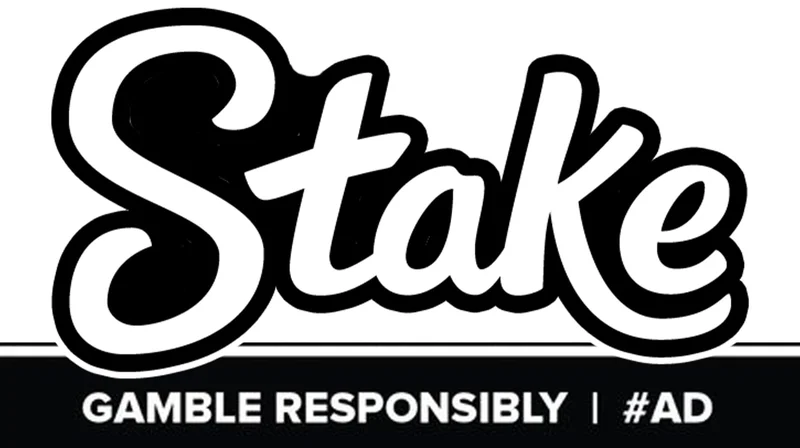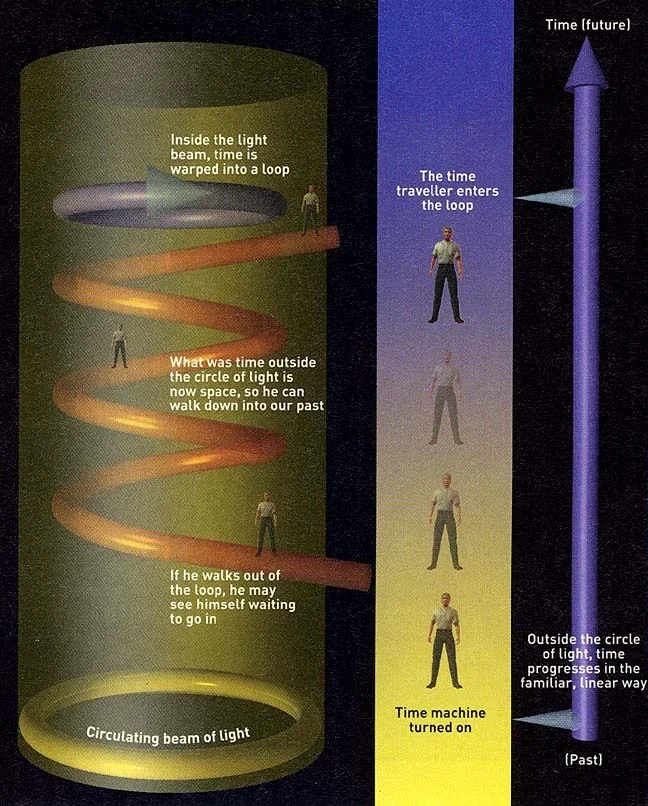Our Evolving Stake in Tomorrow: What It Means for Innovation and Your Future
Beyond the Hype Cycle: Why Peter Thiel's Latest Moves Signal a Foundational Shift in Tech's Future
When the news dropped that Peter Thiel’s hedge fund dumps Nvidia stake, cuts back Tesla position, the market chatter immediately pivoted to whispers of an "AI bubble" bursting. You could practically hear the collective sigh of relief from the skeptics, the "I told you so" echoing across trading floors. But if you’re only seeing a retreat, my friends, you’re missing the forest for the silicon trees. What I saw, when I first scanned those Q3 filings, wasn’t a retreat at all. It was a strategic re-calibration, a visionary’s shrewd re-positioning for the next phase of technological evolution, and honestly, it’s the kind of move that reminds me why I got into this field in the first place, seeing the patterns before they become obvious.
This isn't about abandoning the future; it’s about understanding where the true foundational value lies as that future accelerates. Think of it like this: in the early days of the internet, everyone was rushing to build a website, and investors piled into every dot-com imaginable. But the real, enduring power came from the companies building the infrastructure – the servers, the networking protocols, the operating systems. Thiel, in my view, is doing precisely that, orchestrating a profound shift from the high-flying, often speculative "picks and shovels" of today's AI gold rush to the bedrock platforms that will actually sustain and scale tomorrow’s breakthroughs. He's not just selling; he’s investing in the very ground beneath our digital feet.
The Intelligent Reallocation of Capital
Let's unpack this. Nvidia, a phenomenal company, no doubt. Its GPUs have been the undisputed workhorses of the AI revolution, driving shares up an astounding 40% in Q3 alone. And Tesla, well, the EV pioneer that practically defined a new era of automotive tech, saw its stock surge by the same amount in that quarter. So, why sell when the going’s so good? Because visionary investors like Thiel aren't chasing the last wave; they're anticipating the next one, the one that’s still forming just beyond the horizon. For Thiel Macro, zeroing out a nearly $94 million Nvidia stake and cutting Tesla by over 76% isn't an act of fear; it's an act of profound strategic foresight, a recognition that the immediate, explosive growth phase for these particular assets might be maturing into something else entirely.
This is the clarifying self-correction we need in the market: understanding that "AI trade" isn't a monolithic entity, but a complex, evolving ecosystem where different components rise and fall in prominence. Thiel isn't saying AI is dead; he's saying the current valuation of certain AI enablers might be getting ahead of itself, especially when compared to the foundational giants that are quietly, powerfully integrating AI into their core offerings. He's looking past the initial gold rush to the long-term settlement, where robust infrastructure and ubiquitous platforms become the true engines of sustained innovation. What does this mean for us, for the innovators and dreamers building the next generation of applications? It means the playing field is shifting, demanding a deeper understanding of where true leverage lies. Are we building on sand, or on solid ground?

Building on Bedrock: The Enduring Power of Platforms
Here’s where it gets truly fascinating. While shedding the darlings of the immediate AI surge, Thiel’s fund was busy building significant new positions in Microsoft and Apple, to the tune of over $25 million and $20 million respectively. Think about that for a second. These aren’t the flashy startups or the pure-play AI hardware companies. These are the titans, the enduring architects of our digital world. Microsoft, with its Azure cloud powering countless AI models, its enterprise software integrating AI at every level, and its strategic investments across the AI landscape. Apple, with its unparalleled ecosystem, its vast user base, and its quiet, methodical integration of sophisticated AI into its devices and services.
This is the real story, the one that gets me genuinely excited: Thiel isn't retreating from tech; he's doubling down on the foundational infrastructure that will democratize AI, make it truly ubiquitous, and unlock its next phase of exponential growth. It’s a shift from the specialized, high-performance components to the broad, accessible platforms that will bring AI to everyone. Imagine the sheer scale of impact when AI isn't just for specialized labs but seamlessly integrated into every operating system, every productivity suite, every personal device we touch. This isn’t a bubble; it’s a re-anchoring, a move toward the enduring value creators. It’s a recognition that while the specific tools might change, the fundamental need for robust, pervasive platforms only grows, and the responsibility that comes with controlling such platforms is immense, demanding thoughtful leadership and ethical guardrails we must all insist upon.
On forums like Reddit, I’ve seen some incredibly insightful discussions, with many echoing this sentiment. One user, "FutureBuilder99," put it perfectly: "Everyone's focused on the chipmakers, but Thiel sees the operating system. He's betting on the companies that own the ecosystem where the chips will actually do their work for billions of people." This isn’t about a lack of faith in AI’s potential; it’s a testament to its inevitable, widespread integration, and a shrewd bet on the companies best positioned to make that happen at scale.
The Future Isn't Just Coming, It's Being Built From the Ground Up
Related Articles
Chronosphere Acquisition: What's the Deal with Palo Alto Networks and Why Should I Care?
The $3.35 Billion Chronosphere Deal: Palo Alto's Midlife Crisis? Okay, so Palo Alto Networks is drop...
MicroStrategy (MSTR) Stock: Analyzing the Bitcoin Correlation and Its Price Action
The recent price action in Strategy’s stock (MSTR) presents a fascinating case study in market perce...
RGTI Stock: A Comparative Analysis vs. IONQ and NVDA
The market action surrounding Rigetti Computing (RGTI) in 2025 presents a fascinating case study in...
Plug Stock's Big Jump: What's Actually Happening and Why You Shouldn't Buy the Hype
So, Plug Power is back. Just when you thought the stock was destined to become a footnote in the ann...
The ASML Stock Frenzy: Why Everyone's Suddenly Obsessed and What They're Not Telling You
Let's get one thing straight. Every time I see a headline about ASML’s stock climbing another few pe...
American Battery's Breakthrough: Why It's Surging and What It Means for the Future of Energy
The Quiet Roar of the Energy Transition Just Became Deafening When I saw the news flash across my sc...





